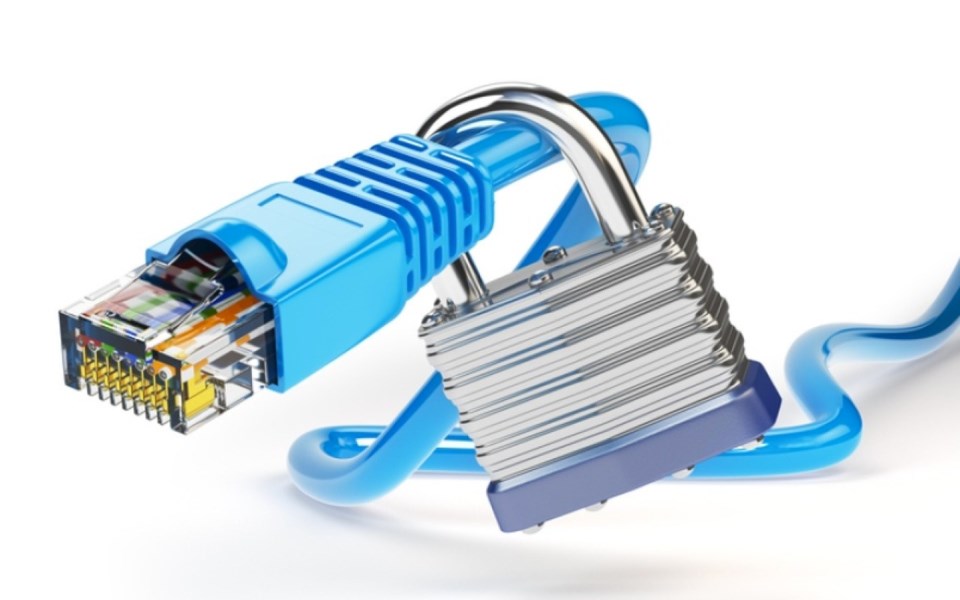A former FBI spycatcher doesn't allow his children to use social media.
"I think we post too much on social media," said Eric O'Neill.
He's the cybersecurity expert and former U.S. counterterrorism and counterintelligence agent who caught one of the most notorious spies in U.S. history. Robert Hanssen spied for first the Soviet Union and then Russia for 22 years, handing over CIA and NSA secrets.
What made Hanssen different, O'Neill said, is that he was one of the first spies to make heavy use of computers as part of his espionage activities.
And, it plunged O'Neill into the world of computers and cyberespionage. While he's no longer catching spies for the U.S. government, it's a world he remains immersed in as a security strategist for Massachusetts-based cybersecurity firm Carbon Black.
When he needs to do a background check on someone, O'Neill goes to social media, where information is readily available because people are willing post it.
"Anybody who gets angry at Facebook for selling your information, you're a sucker. You gave it to them," O'Neill said.
Moreover, O'Neill warned, the more people change their social media profile photos – such as those on Facebook – the more they add to a facial-recognition database that is larger than that of the U.S. government.
That's a concern that B.C.'s information and privacy commissioner has had to weigh in on. In 2012, the commissioner said the Insurance Corp. of B.C.'s (ICBC) use of facial recognition technology to identify criminal suspects required a warrant or court order. The order came after ICBC offered use of such technology to match external photographs of alleged 2011 Stanley Cup rioters against its driver's licence database.
O'Neill chuckled when asked about the recent 10-year challenge on Facebook in which users were asked to post a recent photo with one from a decade ago.
"It helps boost their algorithm and see how much you've changed in 10 years," he said.
O'Neill isn't much of a fan of smarthomes either – houses where a computer can control everything from the lights to the locks.
He said when future cyberattacks come and move to the home level, people can expect to find themselves locked in their homes with the air conditioners freezing them as bad music blasts from their stereos.
O'Neill also strongly advocates using different passwords for everything. He said it's not hard for a bad cyber actor to find one password and move through a person's accounts – either personal or work-related – and glean much information.
He said it's difficult to thwart cyberattacks when the most popular password in the world remains "123456." The second most popular password is 'password1."
He warned people not to be lazy when it comes to personal cybersecurity.
"You need to be proactive."
Reporter Jeremy Hainsworth can be contacted at [email protected]




